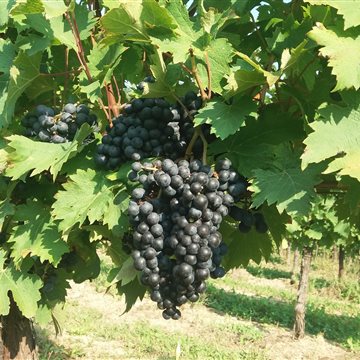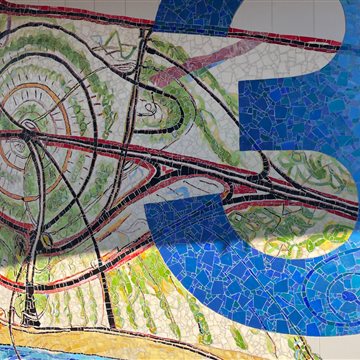
01ago2022



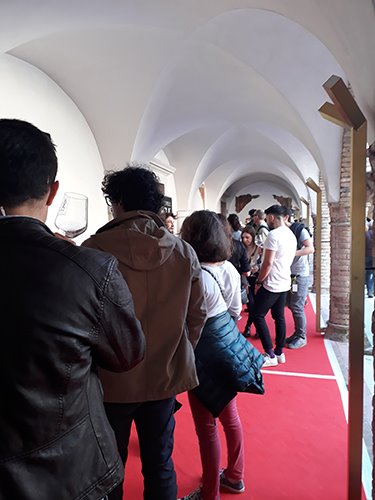 L’acronimo significa Federazione Italiana Vignaioli Indipendenti. Dietro ci sono famiglie che da generazioni, o da qualche decennio, si dedicano con passione alla popolare bevanda.
Quello che può sembrare un semplice bicchiere di vino racchiude in sé ricerca, dedizione, amore per la propria terra.
C’è chi ha viti di 100 anni che non producono grosse quantità di uva ma sono cariche di storia.
Ci sono vigneti piantati su terreni scoscesi, dove il sole e l’inversione termica conferiscono caratteristiche diverse allo stesso tipo di uva.
Quello che ho notato è che ogni vignaiolo tende a trasmettere al proprio vino il suo modo di essere.
Ecco allora il vino biologico di Aquila del Torre che racchiude la biodiversità del terreno che lo circonda. Un vino, il Sauvignon blanc, particolarmente sapido e fresco, grazie al terreno che, milioni di anni fa, era il fondo del mare.
O il Ramandolo dell’azienda Anna Berra. Il ramandolo, che tra l’altro mi piace molto, l’ho sempre sorseggiato a fine pasto. È un vino dolce, e l’ho sempre accompagnato ai dessert. Sabato invece, mi è stato consigliato di provarlo con un formaggio, in particolare col formaggio alla paglia della Latteria di Aviano. Un abbinamento per me insolito, ma la pasta non troppo morbida del formaggio, e la consistenza un po’ liquorosa del vino, si sono rivelati un’accoppiata vincente.
L’acronimo significa Federazione Italiana Vignaioli Indipendenti. Dietro ci sono famiglie che da generazioni, o da qualche decennio, si dedicano con passione alla popolare bevanda.
Quello che può sembrare un semplice bicchiere di vino racchiude in sé ricerca, dedizione, amore per la propria terra.
C’è chi ha viti di 100 anni che non producono grosse quantità di uva ma sono cariche di storia.
Ci sono vigneti piantati su terreni scoscesi, dove il sole e l’inversione termica conferiscono caratteristiche diverse allo stesso tipo di uva.
Quello che ho notato è che ogni vignaiolo tende a trasmettere al proprio vino il suo modo di essere.
Ecco allora il vino biologico di Aquila del Torre che racchiude la biodiversità del terreno che lo circonda. Un vino, il Sauvignon blanc, particolarmente sapido e fresco, grazie al terreno che, milioni di anni fa, era il fondo del mare.
O il Ramandolo dell’azienda Anna Berra. Il ramandolo, che tra l’altro mi piace molto, l’ho sempre sorseggiato a fine pasto. È un vino dolce, e l’ho sempre accompagnato ai dessert. Sabato invece, mi è stato consigliato di provarlo con un formaggio, in particolare col formaggio alla paglia della Latteria di Aviano. Un abbinamento per me insolito, ma la pasta non troppo morbida del formaggio, e la consistenza un po’ liquorosa del vino, si sono rivelati un’accoppiata vincente.
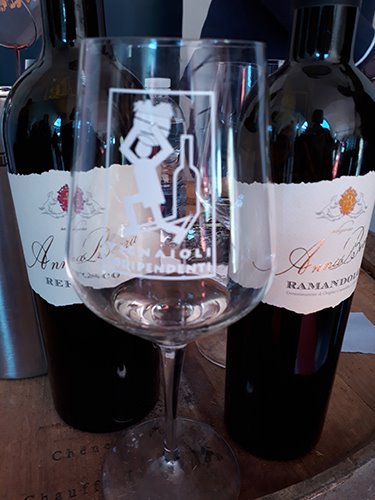 Ho visto gli occhi del vignaiolo brillare quando mi ha raccontato degli sforzi, della passione che ci mette giorno dopo giorno nella cura delle viti.
La stessa passione raccontatami da Fabio Bessich che porta avanti la tradizione fondata dal capostipite Antonio nel 1959. Ubicata in un terreno da me meno conosciuto per la produzione del vino, quello delle grave di origine fluviale e quindi particolarmente ghiaioso e sassoso che conferisce al vino una sapidità marcata e una rilevante persistenza al gusto.
Sempre nelle grave è ubicata anche l’azienda agricola Borgo delle Oche che utilizza prodotti biologici che conferiscono ai vini una sensazione di particolare genuinità frutto del lavoro dell’uomo ma anche dell’effetto del vento e del sole, dell’apporto dell’acqua e del terreno.
Ho visto gli occhi del vignaiolo brillare quando mi ha raccontato degli sforzi, della passione che ci mette giorno dopo giorno nella cura delle viti.
La stessa passione raccontatami da Fabio Bessich che porta avanti la tradizione fondata dal capostipite Antonio nel 1959. Ubicata in un terreno da me meno conosciuto per la produzione del vino, quello delle grave di origine fluviale e quindi particolarmente ghiaioso e sassoso che conferisce al vino una sapidità marcata e una rilevante persistenza al gusto.
Sempre nelle grave è ubicata anche l’azienda agricola Borgo delle Oche che utilizza prodotti biologici che conferiscono ai vini una sensazione di particolare genuinità frutto del lavoro dell’uomo ma anche dell’effetto del vento e del sole, dell’apporto dell’acqua e del terreno.
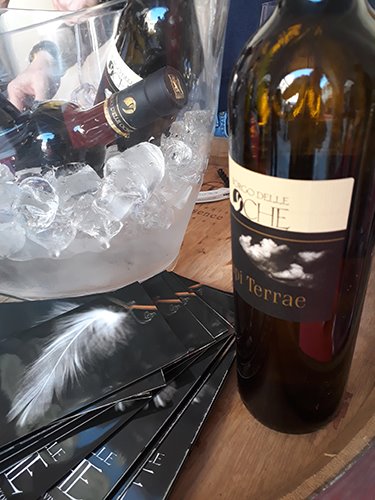 Diametralmente dalla parte opposta, si trova invece Lis Fadis, un’azienda del Collio che ha adottato la tradizione nella coltivazione delle viti circondate da ulivi secolari, e da antiche varietà di piante da frutto. Tradizione che si trova naturalmente nei vini ottenuti da biotopi antichi che al palato si aprono in mille sfumature con consistenza e struttura che ricordano vitigni rossi di regioni vitivinicole ben più blasonate.
Vini diversi, vini che benché nascano dalla stessa famiglia di uve, sono così particolari e differenti l’uno dall’altro. Una diversità voluta da ciascun vignaiolo perché la bellezza del vino sta nella personalità dello stesso che si manifesta attraverso la coltivazione delle piante, nel modo di affinare il vino nelle botti, nel personale gusto dell’enologo nella creazione di uvaggi. Perché fare un vino standardizzato non appartiene a questa regione: piccola sì ma che racchiude una varietà di territori, caratteri, tradizioni.
Diametralmente dalla parte opposta, si trova invece Lis Fadis, un’azienda del Collio che ha adottato la tradizione nella coltivazione delle viti circondate da ulivi secolari, e da antiche varietà di piante da frutto. Tradizione che si trova naturalmente nei vini ottenuti da biotopi antichi che al palato si aprono in mille sfumature con consistenza e struttura che ricordano vitigni rossi di regioni vitivinicole ben più blasonate.
Vini diversi, vini che benché nascano dalla stessa famiglia di uve, sono così particolari e differenti l’uno dall’altro. Una diversità voluta da ciascun vignaiolo perché la bellezza del vino sta nella personalità dello stesso che si manifesta attraverso la coltivazione delle piante, nel modo di affinare il vino nelle botti, nel personale gusto dell’enologo nella creazione di uvaggi. Perché fare un vino standardizzato non appartiene a questa regione: piccola sì ma che racchiude una varietà di territori, caratteri, tradizioni.
Find out about the ideas and offers for this experience in Friuli Venezia Giulia
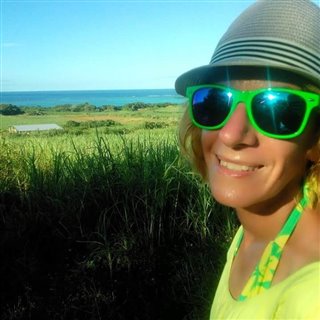

 Chiara Cardi
Chiara Cardi
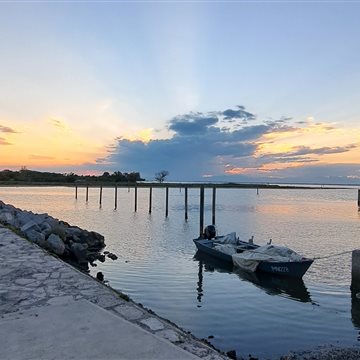
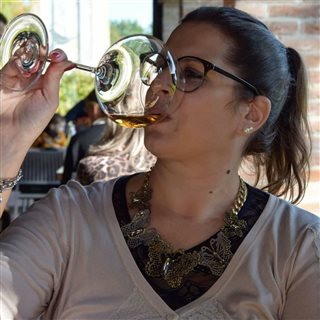 Luana Bottacin
Luana Bottacin
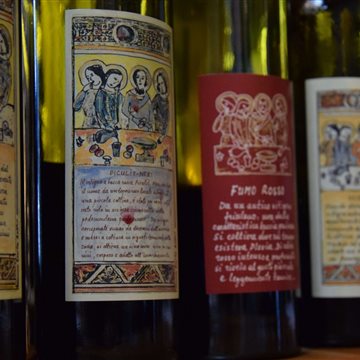
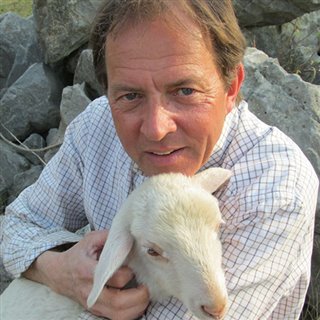 Sergio Cuffolo
Sergio Cuffolo
